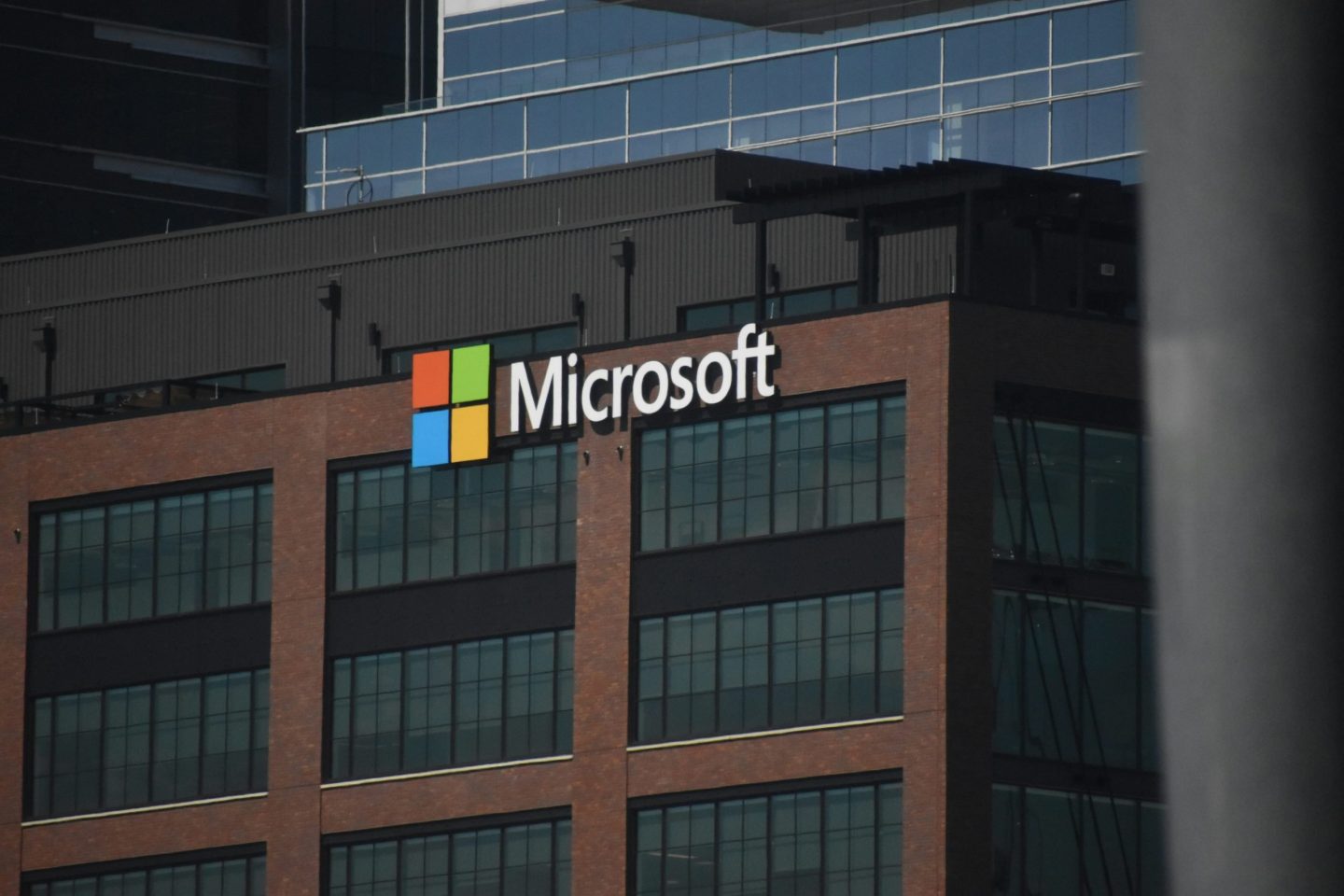

Microsoft has introduced its first in-house AI models, a move that could reshape its position in the AI race. The company rolled out MAI-Voice-1, a speech model, and MAI-1-preview, a text-based model it calls a glimpse of what’s coming next inside Copilot.
The MAI-Voice-1 model is built for speed. According to Microsoft, it can generate a full minute of audio in less than a second using just a single GPU. The model is already in use inside some of the company’s tools. For example, Copilot Daily uses it to deliver short news summaries through an AI voice host. It also helps produce podcast-style conversations that break down complex topics into easier explanations.
The second release, MAI-1-preview, is designed for text tasks. Microsoft trained the model on roughly 15,000 Nvidia H100 GPUs, giving it the scale to handle instruction-following and natural Q&A. Users can already try it on Copilot Labs, where they can test its ability to respond to everyday queries. Microsoft says the model will soon support text-based use cases inside its Copilot assistant.
Competition with OpenAI
These launches come while Microsoft is still heavily tied to OpenAI, the maker of ChatGPT. Microsoft has invested more than $13 billion into the startup, which now has a valuation of about $500 billion. OpenAI continues to rely on Microsoft’s cloud infrastructure to run its own models, while Microsoft uses OpenAI’s systems inside Bing, Windows, and other products.
At the same time, the two companies are drifting into competition. Last year, Microsoft added OpenAI to the list of rivals it names in its annual report, alongside Amazon, Apple, Google, and Meta. OpenAI has also been spreading its infrastructure needs across other providers such as CoreWeave, Google, and Oracle, as demand for ChatGPT climbs. The chatbot now draws about 700 million weekly users.
Early results and rankings
Performance comparisons show Microsoft’s work still trails some of its peers. On Thursday, the new MAI-1-preview ranked 13th for text workloads on LMArena, behind models from Anthropic, DeepSeek, Google, Mistral, OpenAI, and Elon Musk’s xAI. While not at the top, Microsoft has positioned MAI-1-preview as its first foundation model built entirely in-house.
“MAI-1-preview represents our first foundation model trained end to end in house,” Mustafa Suleyman, Microsoft AI chief, wrote on X.
A consumer focus
Suleyman has been clear about the group’s direction. In an interview last year, he explained that Microsoft’s AI models are aimed at consumer use rather than the enterprise market. “My logic is that we have to create something that works extremely well for the consumer and really optimise for our use case,” he said. He pointed to Microsoft’s access to large amounts of consumer data—such as ad performance and telemetry—as a strength in training models for everyday companions.
The company has also said that it does not plan to rely on one general-purpose model. Instead, it sees potential in offering multiple specialised models designed for different types of requests. “We believe that orchestrating a range of specialised models serving different user intents and use cases will unlock immense value,” Microsoft AI wrote in a blog post.
Building an AI division
MAI-1-preview builds on earlier small-scale models released under the Phi name. But this marks the first time Microsoft has trained a foundation model of this size from start to finish. The effort reflects how the company has been building out its AI group since hiring Suleyman and many of his former colleagues from the startup Inflection.
Suleyman previously co-founded DeepMind, the research lab Google bought in 2014. In the past year, Microsoft has brought on about two dozen former DeepMind researchers to expand its internal team. The hires show how the company is drawing on talent with long experience in AI development to accelerate its own projects.
For now, Microsoft is positioning its new models as additions to its Copilot ecosystem while it continues to rely on OpenAI for many core features. But the release of MAI-Voice-1 and MAI-1-preview signals a step toward more independence in model development. Analysts say it could also set up a new phase of competition between Microsoft and the company it helped make into an AI giant.
Want to learn more about AI and big data from industry leaders? Check out AI & Big Data Expo taking place in Amsterdam, California, and London. The comprehensive event is part of TechEx and is co-located with other leading technology events, click here for more information.
For clarifications/queries, please contact Public Talk of India at:
+91-98119 03979 publictalkofindia@gmail.com

For clarifications/queries,
please contact Public Talk of India at:

